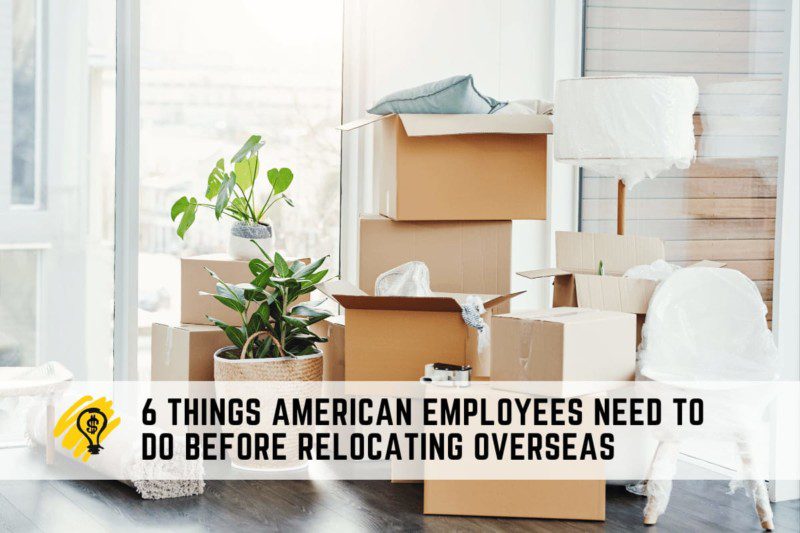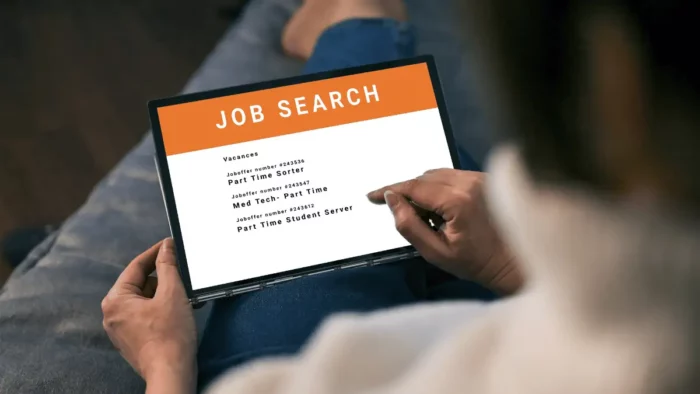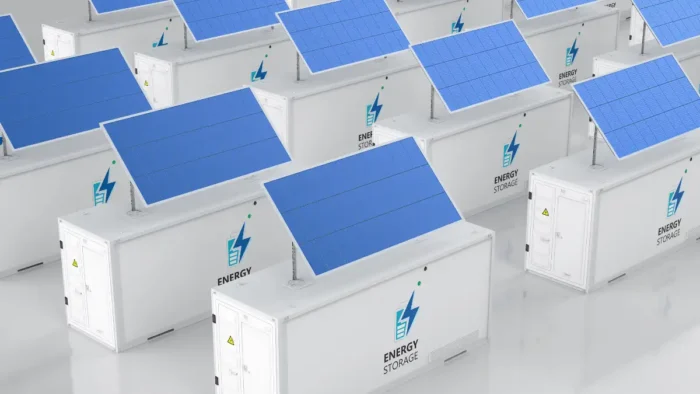If your to-do list for 2023 includes relocating overseas and starting new somewhere else, you’re probably already in a mild state of panic. The prospect of packing up and moving to a whole new country can be painfully daunting.
There are multiple aspects that you have to consider and research to enable a smooth transition from one place to the next. Moving out of the United States will completely change your experience of life, and broaden your mind to novel and exciting things.
As with most adult choices of this magnitude, a healthy amount of research can make all the difference in the world. To be adequately prepared for such a mammoth undertaking, below are six things that American employees need to do before accepting a transfer overseas:
1. Shipping Vs. Selling
This is a biggie. As much as you may not want to sell your precious possessions, shipping them across the globe can be expensive, painstaking, and disappointing. You need to weigh the logistics and costs associated with both options, and figure out what is best for you and your situation.
Shipping items can cost thousands of dollars, and there is no real guarantee they will arrive on time – or at all. On the other hand, replacing everything can be just as costly. If you’re considering arriving with just a few things, a good idea is to rent a furnished place for a few months – that will give you time to decide what you need and what you can afford.
2. Transportation Options
Once you know what city you’ll be moving to, the next step happens – figuring out how you’ll get around. It isn’t just about making sure you get a vehicle if you need to, many Americans don’t know how to drive (particularly the city dwellers) and they need to get a driver’s license for their destination country.
If you have opted to live outside the city center, you must research electric vehicle options and arrange for an international driver’s license as soon as possible. Many countries go one step further and require you to apply for a local driver’s permit.
Invest in driving lessons sooner rather than later – you never know when you might need that skill.
3. Culture Shock
One of the best pieces of advice you will ever receive about moving overseas is this – get acclimated to the culture before you go. Research the history, government, social norms, etiquette rules, and pop-culture references.
Learn a few words and phrases if you’re moving to a country where you don’t speak the language – and then arrange for lessons to start becoming conversationally fluent. These steps will help offset any culture shock you may experience and will stop you from looking like a crass idiot by minimizing any social faux pas.
4. Health Insurance
Healthcare is such a crucial subject. You just never know when you’re going to need it, and to what extent. Universal healthcare countries won’t necessarily cover you comprehensively – many of them don’t offer coverage at all.
Always check with the local government in your destination country to see what the deal is regarding healthcare. Often it is so much easier to get insurance for American expats – that way, no matter what happens, you’ll have access to healthcare services when you need them.
Due to the COVID-19 pandemic, many people quickly realized just how vital access to good quality healthcare is when you need it the most.
5. Tax Filing
Tax seasons change depending on the country you’re relocating to. Do a little digging and find out when your destination country’s tax year starts – for the United Kingdom, it is in April – for some of Europe, it is July, and getting used to different tax deadlines can be challenging.
Contact the U.S. embassy of your host country and check what tax deadlines you need to be aware of. You’ll also be required to collect your monthly pay slips to report your foreign income based on the American tax year.
It is a good idea to keep your bank account back home, particularly if you plan on moving back to America once you retire. That makes Social Security and Relief Grant payments easier to access.
6. Electronics
Most Americans don’t realize that practically every city outside the U.S. has different plugs and voltages. Most new appliances are dual voltage, which means they work anywhere in the world.
If your household items are older, perhaps consider upgrading them before you leave – or budget to buy new ones in the new country. Computers, laptops, and phone chargers have converters built into them, so they’ll work pretty much everywhere.
Pack a universal plug adapter for added peace of mind.
To End
Moving overseas is both exciting and terrifying at the same time. By being as prepared as possible – you will give yourself and your family the best chance of fitting in and feeling at home.





